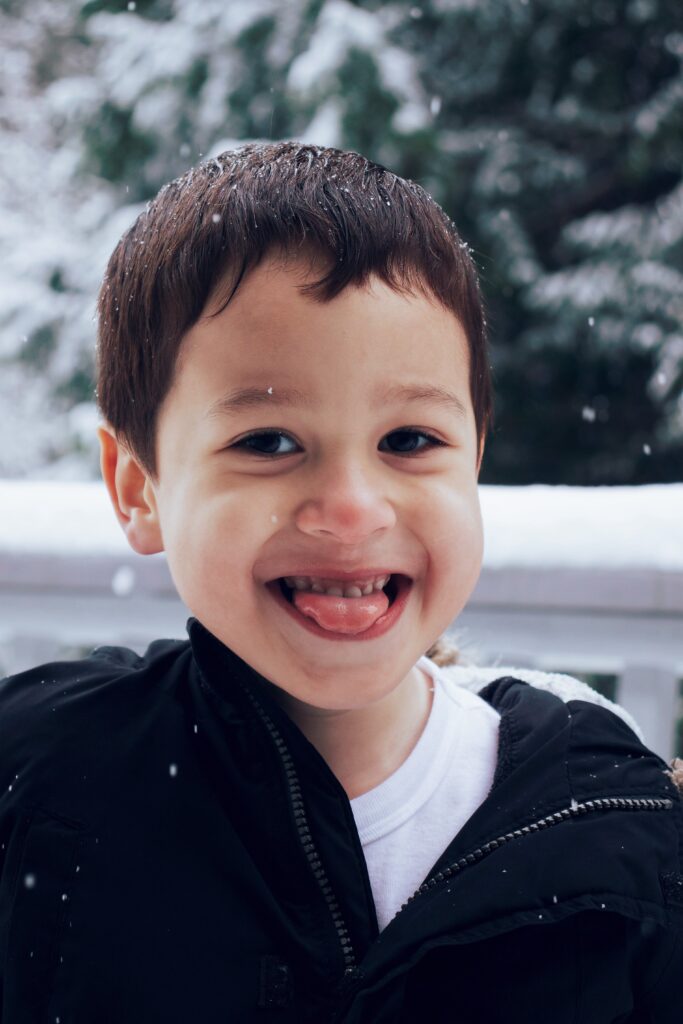Lisps are one of the most common speech problems we target in therapy, but what is it?
A lisp (may also be referred to as a tongue thrust) is classified as a Functional Speech Disorder, meaning the person has speech errors in either one or a few specific speech sounds. Lisps are seen in children and adults who have difficulty with proper tongue placement for the “s” and “z” sounds.
There is not one single cause that results in tongue displacement resulting in lisps. In fact, there are many possibilities for lisps. Nasal obstructions (stuffy breathers, allergies) and enlarged tonsils often contribute to the development of lisps due to insufficient space in the back of the throat where the base of the tongue would normally be and push the tongue forward. Likewise, poor dentition (i.e. teeth positioning, open bite, overbite, underbite, etc) and the shaping of the jaw may contribute to the development of lisps. A speech-language pathologist is properly trained to spot these characteristics during an orofacial examination during the initial evaluation and make a referral to the other respective professionals, such as an ENT, dentist, and/or orthodontist.
There are four types of lisps that speech pathologists look for: an interdental lisp, a dentalized lisp, a lateral lisp, and a palatal lisp. No matter what kind of lisp it is, it can impact the intelligibility of the child and result in social frustration. It is important to consult with a speech-language pathologist to help identify the type of lisp and to resolve the issue as the child continues to develop their speech and language skills. We work with the child, parents, and other professionals to ensure that your child is reaching his or her fullest potential in therapy.
Functional Speech Disorder: Lisp. (2021, March 09). Retrieved from https://www.talkshop.com.au/how-we-help/how-speech-pathology-can-treat-a-lisp/
Bowen, C. (2011). Lisping: When /s/ and /z/ are hard to say. Retrieved from http://www.speech-language-therapy.com/ on March 15, 2021.

